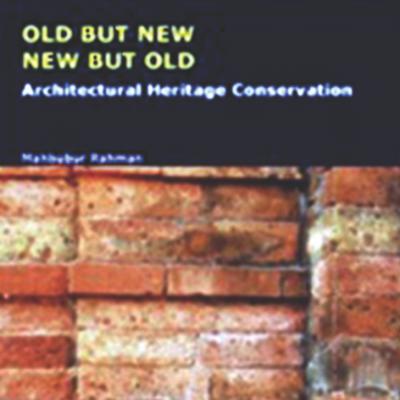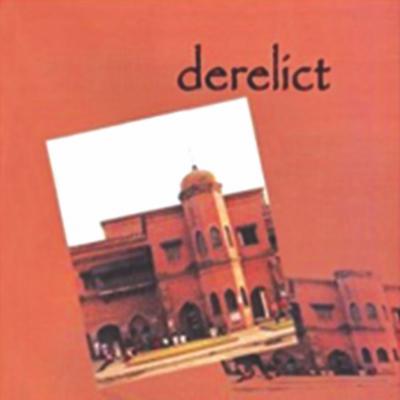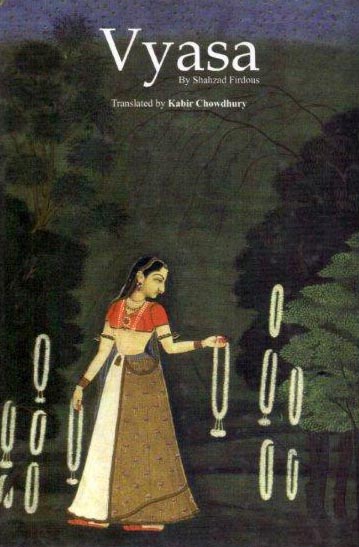 |

Old but New: New but Old
by
Mahbubur Rahman(Editor)
BUILDINGS and monuments are the products of accumulated wisdom expressed
through the language of space and form. They symbolize a particular
civilization, a significant development, or a historic incident, and
become significant in our cultural and national life. In addition to
architectural, aesthetic, historic, and iconic values, they possess
emotional value as the symbol of our cultural identity, and hence form
the heritage. Architecture is a vivid expression in material form of a
society's social, economic, technological and cultural achievements at
any point of time in history and in a particular geographic area. In
absence of adequate historical sources and writings, it is a common
denominator between generations of people, a major means of
communication with the tradition and heritage of a nation. A civilized
people or society must know about its origin and roots in the local,
regional and in world contexts to be able to understand and appreciate
his being and to charter his course into the future.

Derelict
by
Kazi Fazlur Rehman (Author)
Derelict is fascinating story of Sudhir Sebastian Rosario, a “native”
Christian who was born in the village of Kanakpur, Noakhali but who goes
to High School in Pahartali, where his father works for the Bengal Assam
Railway. Treated affectionately by his father's scholarly “
Anglo-Indian” boss, Mr. Fernandes, he falls in love with his daughter
Dora. Set against the backdrop of the crumbling of the British Indian
Empire and the upheavals of the Second World War, this is a tragic story
of a failed romance. The novel portrays vividly the life of Bengali
Catholics in rural Bangladesh, the life of Eurasians in Chittagong, and
the emotional devastation faced by these communities in the wake of the
partition of India. As Sudir remarks ruefully, “Empire has crumbled and
my community has been left behind as flotsam.” Derelict forms compelling
reading not only as an aborted love story but also because of the
glimpses it provides of empire's children.

Vyasa
by
Shahzad Firdous
(Translated by Kabir
Chowdhury)
Vyasa, in particular, is a remarkable novel that has an epic quality in
spite of its brevity. Its central character Vyasadeva, believed to be
the author of the great Indian epic The Mahabharata, is a unique
individual, compassionate, virile and farseeing, with an insatiable
thirst for knowledge.
|